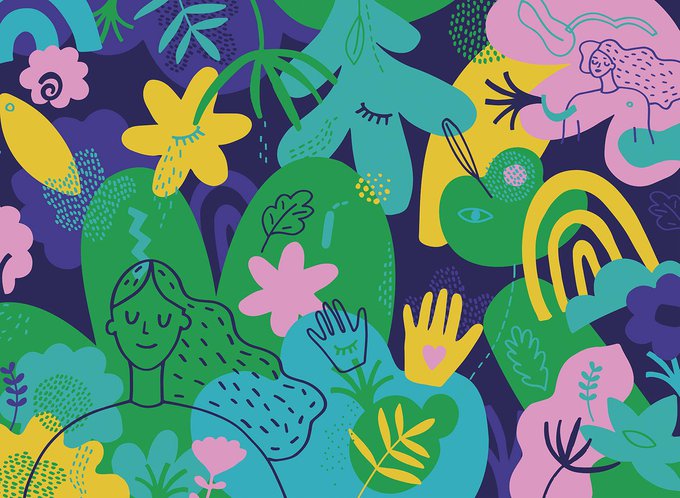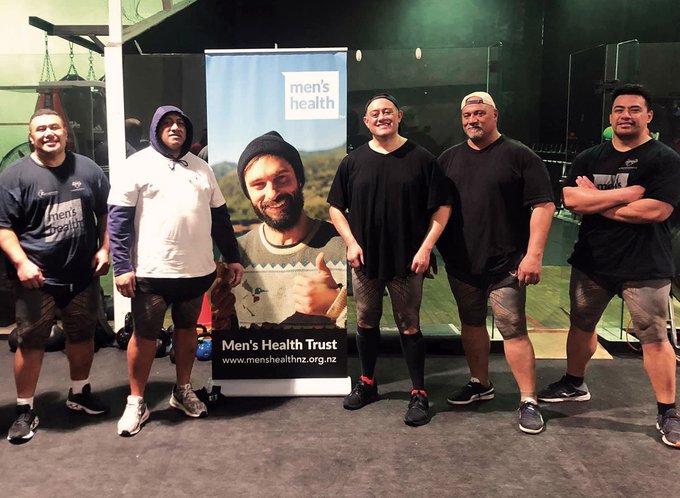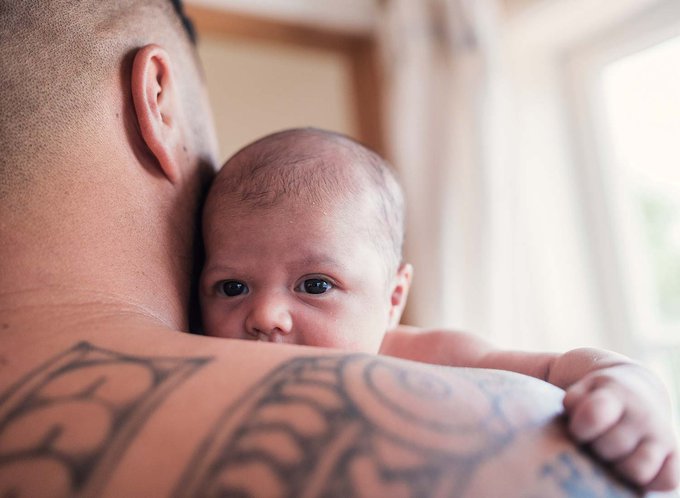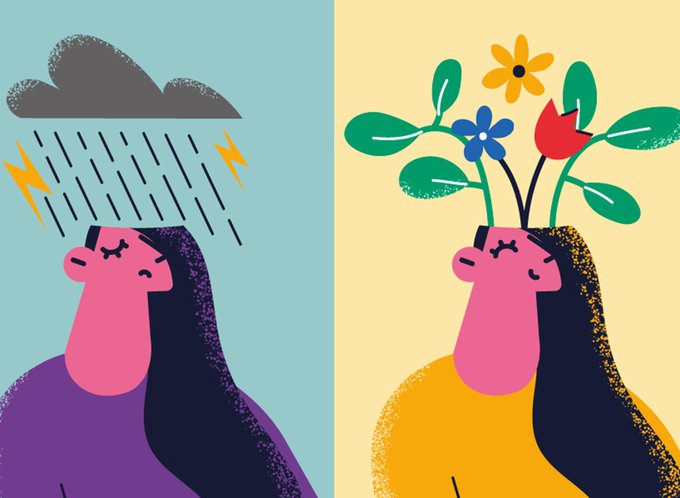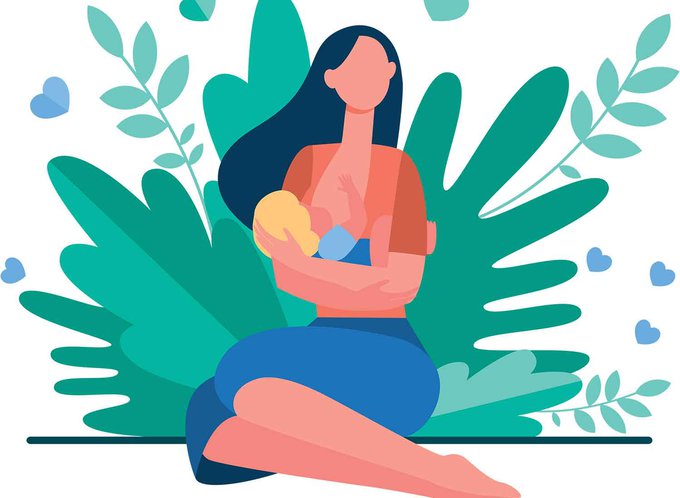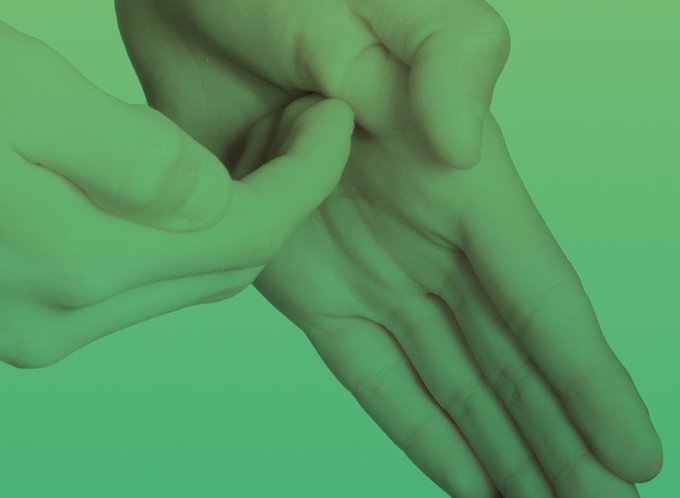What is spirituality, and how do we make sure our taha wairua (spiritual health) is strong?
When psychiatrist and Māori health advocate Tā Mason Durie (Rangitāne, Ngāti Kauwhata, Ngāti Raukawa) first developed the concept of Te Whare Tapa Whā in the 1980s, he knew the area most people struggle with is taha wairua, or the health of the spirit.
Te Whare Tapa Whā is an ao Māori holistic health model that illustrates the four critical dimensions of wellbeing. It uses the analogy of a wharenui or meeting house with four pou or pillars that keep the wharenui strong and upright: taha tinana (physical health), taha hinengaro (mental health), taha whānau (family health) and taha wairua (spiritual health). With four walls, the wharenui is a symbol of these four dimensions.
Tā Mason says he introduced the concept as a way for healthcare professionals to provide more holistic care to their patients, with the idea that a person’s spirituality has a role in their health.
"Spirituality is very personal and doesn’t simply mean religious beliefs, and the idea of taha wairua resonated with his Māori patients."
Tā Mason Durie
“I initially developed it with Māori in mind but it was written much more universally. Spirituality, for example, has very different connotations for different cultures and different countries.
“Some people see it as a religious faith-based approach, and other people in different countries see it in their own way."
Spiritual health is critical for hauora
As a clinical psychologist, MAS Foundation head Julie Wharewera-Mika (Ngāti Awa, Ngāi Tūhoe, Te Whānau-a-Apanui) uses Te Whare Tapa Whā in her kaupapa Māori mental health practice.
“People are often referred to us with psychological distress, they’re not coping emotionally. In order to fully understand and provide the right support for whānau in distress, we consider mental wellbeing more broadly using a holistic approach.
“As a Māori clinical psychologist focused on taha hinengaro, we know for our whānau we cannot focus on this area of wellbeing in isolation. It is difficult to engage whānau in therapy if people are feeling really depleted in terms of their spiritual wellbeing or if they are living in conditions that aren’t supportive of a healthy tinana.”
She says Tā Mason developed the framework at a time when there wasn’t a holistic context for understanding health needs and health concerns in Aotearoa.
“Wairuatanga has always been a critical component of wellbeing for Māori. Historically, the importance of te taha wairua was not well recognised in our health system, and we know this is critical in upholding hauora for everybody in Aotearoa.
“Traditionally, spirituality was very much thought of as a faith or religious-based concept. And over time, I think our understanding has deepened to think more about our identity, values and beliefs and connection to te taiao that’s critical and who we are thinking about spirituality in terms of our mauri.”
Julie says taha wairua is “about the things that give us meaning, an experience we have beyond the mind, the body and whānau, the spiritual essence."
"This dimension is felt rather than spoken about, connected to our mauri (life force), what we feel connected to, our sense of being, who and what we are, our sense of belonging, where we have come from and where we are going – an enlightenment that uplifts the whole spirit.”
Julie Wharewera-Mika
For Māori, wairuatanga is often connected to cultural identity, Julie says.
“How connected and secure do I feel as a Māori woman, how connected am I to te ao Māori, our beliefs and values, reo, my whenua, my hapū, my whānau and iwi? For me, these are really important elements of wairuatanga.”
She says people view spirituality in different ways.
“Some think about it in terms of their religion or faith, so there’s a lot of variability in terms of how we view and perceive spiritual wellbeing for ourselves. What’s important when we think about spiritual wellbeing is that it’s determined by the individual or their whānau – that we don’t impose our perception and views on others.
“I think it’s quite a beautiful way of being that has been explored and continues to deepen over time. And people seem to be investing more time and energy into focusing on their spiritual wellbeing and recognising how that contributes to their overall health and wellbeing.”
More than religion
When Dr David Beaumont was 42 years old, he had a heart attack. He says he was overweight, unfit and stressed, but physically, he made a full recovery. However, he struggled with his psychological health and realised his life had no purpose.
“I had the realisation that, by rejecting my Christian upbringing and becoming a devout atheist, I had absolutely nothing to fall back on.”
This led David on a journey to discover the meaning of spirituality and to find something that would fulfil that element of his life.
“I realised spiritual health is not about religion – although it might be for some people. It’s about the health of the spirit, the health of our soul or of our true self."
“I realised spirituality is actually about understanding why we’re here and how we should lead our lives.”
Dr David Beaumont
David went on to develop Positive Medicine, a wellbeing programme that provides the framework, tools and strategy to help people live their best lives – healthy, happy and fulfilled.
The programme’s model is similar to Te Whare Tapa Whā, considering the importance of not just physical health, but also psychology, family, relationships and spirituality.
“Sir Mason actually said that, of the four pillars of health, spiritual health is the most important of them all. It’s the one that underpins everything because it’s the one that provides the motivation for us to fully engage in life.”
David says if you find spiritual fulfilment through religion that’s great. But if you either don’t feel spiritually fulfilled by your religious beliefs or you don’t hold any at all, the key is to seek that sense of purpose and belonging elsewhere.
“It would be a really deep connection with self, others and nature and the land. And maybe something beyond this – a greater force within the universe. Call it what you like, we don’t need to label it. But above all, it’s what brings meaning and purpose to life.
“That’s what gives people the sense of direction for their lives. That’s the direction of what’s important for you.”
Know someone who might enjoy this?
Read this next
-
July 2021
Insuring for good mental health
-
November 2021
Transforming men's health
-
July 2022
Own your story
Greater good
See all-
March 2021
Candles for a cause
-
March 2021
Helping Kiwi babies thrive
-
March 2021
Creating a Deaf-inclusive Aotearoa
